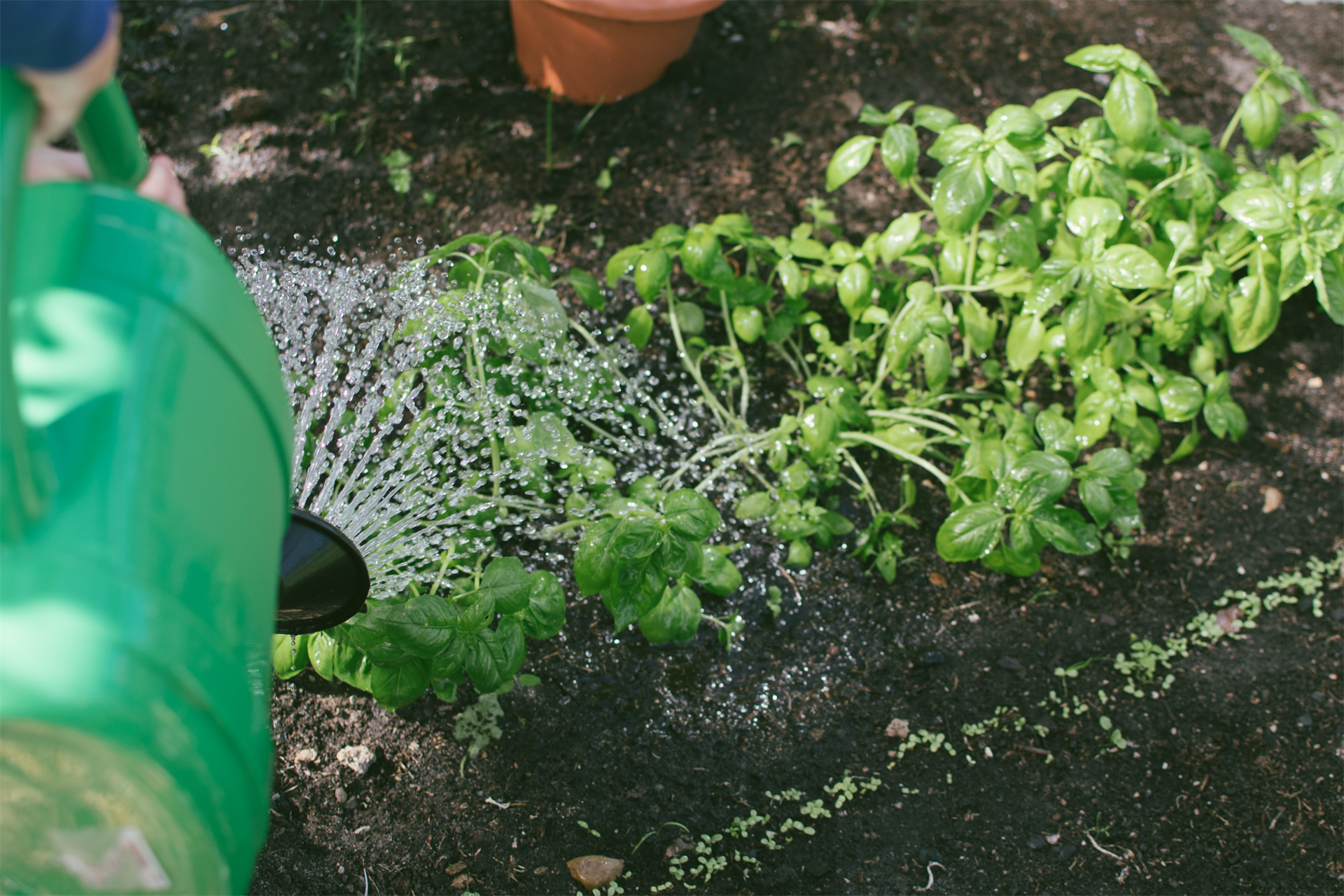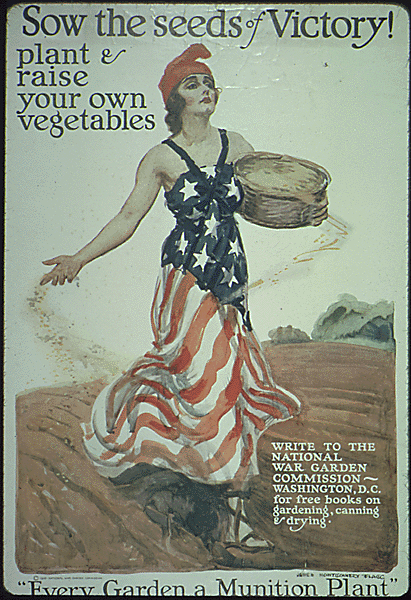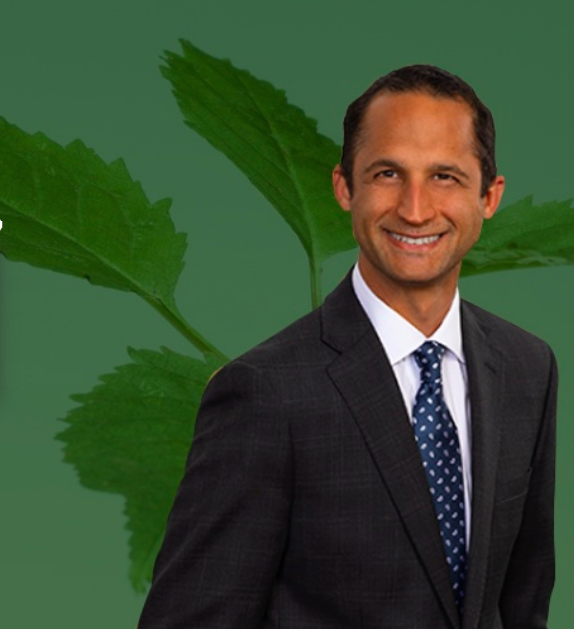
Coronavirus-induced food supply anxiety has led to a renewed interest in home gardens—similar to the "war gardens" movement of World War I and the "victory garden" efforts around World War II.
In March 1917, Americans contributed to the Allies’ effort in World War I by growing their own gardens. “Sow the seeds of victory,” exhorted the patriotic posters of World War I, “plant & raise your own vegetables.” War gardens saved U.S. citizens from mandatory food rations. After the Allies won the war, “war gardens” became “victory gardens” to prevent widespread starvation. This movement did not reach its height until World War II, when 20 million gardens accounted for nearly 40 percent of U.S. veggies. But as World War II progressed, home gardeners grew frustrated with agriculture. As the New York Times reported in May 1944, “No amount of warning will make people plant their gardens again this year unless they are convinced that they are really needed.” Americans no longer saw the need when the war ended. They abandoned their gardens for lawns.

But the need became evident again, especially after a devastating three year drought struck Florida, starting in 1999. Lake Okeechobee sunk to the lowest water level on record. Homes were in jeopardy of losing their water supplies. Sinkholes popped up with increasing frequency because of exceptionally low groundwater levels. Wildfires ravaged the state. In 2001, the Florida Legislature fought drought by allowing homeowners to implement Florida-friendly landscaping, and prohibiting homeowners associations from interfering with new deeds and restrictions.
The Legislature defined Florida-friendly landscaping to mean “quality landscapes that conserve water, protect the environment, are adoptable to local conditions, and are drought tolerant.” These practices rest on principles, including “planting the right plant in the right place” and “the appropriate use of solid waste compost.”
Florida-friendly landscaping can be edible—and delicious. Beauty berries and ginger have adorned the landscaping of Florida homes. Foodscaping enthusiasts replace grass with edible vegetation.
The 2001 law was not enough. Around 2008, one homeowner was fined $1,000 from his homeowners association for not watering his lawn enough, and then got fined $100 by the county when he watered his lawn too often. The next year, the Florida Legislature made the 2001 law retroactive. In 2009, the Legislature recognized for the first time that the participation of both homeowners and homeowners associations “is essential to state’s efforts in water conservation and water quality protection and restoration.”
The 2009 law establishes a broader prohibition against HOAs thwarting Florida friendliness compared to the 2001. The 2001 law established that a deed restriction or covenant “may not prohibit a property owner” from being Florida friendly. The 2009 law goes further, adding that covenants and restrictions must not prohibit, “or be enforced so as to prohibit” homeowners from “implementing Florida-friendly landscaping.” So now the Florida friendly law is not just about the covenants and restrictions themselves—it’s about how they are enforced. Let’s take an example. Covenants and restrictions often require a homeowner to get approval before changing around the landscape, and do not expressly prohibit Florida-friendly landscaping. On its face, this ask-us-first rule is neutral. It does not by itself prohibit Florida-friendly landscaping. So, an HOA enforcing this rule would be compliant with the 2001 version of the law—no more questions asked. But if the HOA enforces this facially neutral rule to target Florida-friendly landscaping, the HOA would likely be violating the current 2009 law. Under the current law, the HOA cannot say, “We will approve only water-guzzling plants.”
Now, homeowners should be able to grow drought resistant vegetables. Homeowners can grow their own Scarborough Fair: “savory sage, rosemary, and thyme.” Every one of these vegetables is drought-resistant. Homeowners can grow drought resistant vegetables, notwithstanding covenants and restrictions to the contrary.
HOAs are unlikely to find refuge in legislation passed last year, now codified as section 604.71, Florida Statutes. Section 604.71 prohibits municipalities from “regulating” vegetable gardens. It does not retreat from “Florida-Friendly landscaping.” Senator Rob Bradley (R - Fleming Island) introduced the bill because the City of Miami Shores forbade homeowners from maintaining home gardens. Section 604.71 expressly allows municipalities to regulate water, pesticides, invasive plants, and other gardening elements, so long as the regulation is of a “general nature” and does not “specifically regulate vegetable gardens.”
Consequently, a city could conceivably say that only plants capable of surviving on a certain amount of water are “Florida-Friendly.” Such a pronouncement is unlikely to violate section 604.71 because it does not “specifically regulate” vegetables. The municipal ordinance would apply equally to grass and other non-edibles. However, section 604.71 would hamper the ability of a city to target particular fruits or vegetables. For example, a city would likely be unable to say that chocolate is not Florida Friendly because chocolate requires 52 times more water than oranges. Most importantly, section 604.71 threatens the ability of cities to distinguish true home gardens from industrial projects sitting on property zoned as "residential."
Cities like New Port Richey have established specific conditions for when and how home gardeners can sell to protect true home gardens from herbicides, erosion, and other dangerous industrial practices. While section 604.71 may protect dubious industrial practices, it does not protect homeowners associations.
There remain two practical difficulties that stand in the way in dealing with intransigent homeowners’ associations. First, “Florida-Friendly landscaping” is a bit of a fuzzy concept. The law recognizes principles such as “planting the right plant at the right place,” but it does not set specific criteria for determining what “the right plant” means. Nor does it recognize the ability of a particular organization or agency to define this term further. As a result, lengthy court battles have been fought.
Then there’s the problem of attorney’s fees. Covenants and restrictions typically provide that HOAs may recover attorney’s fees if they win. The risk of fines and fees can intimidate homeowners.
Victory gardens merit particular protection as a form of Florida-friendly landscaping. The first stop is the HOA itself. An HOA should be given the opportunity to apply its governing restrictions in a manner that promotes Florida-friendly landscaping. Litigation should be a last resort with Florida-friendly landscaping disputes, as with most disputes. The University of Florida’s Institute of Food and Agricultural Science does not get involved in legal disputes, but the program guides homeowners and HOAs on promoting Florida-Friendly landscaping.
Now is another historic time when the virtues of victory gardens are clear. One New Jersey farmer’s call for “corona victory gardens” produced a nearly instantaneous response from 1,000 gardeners. In Florida, victory gardens can be the ultimate form of Florida-friendly landscaping.
 Jesse Haskins started J. Haskins Law, P.A. to focus on local food communities. Jesse builds partnerships between farmers and communities. Prior to dedicating his practice to local agriculture, Jesse served as assistant attorney general for the State of Florida, assistant general counsel for the Florida Department of Financial Services, and as attorney for a large insurance defense firm. Jesse graduated from the Duke University School of Law in 2009. Jesse is an avid foodie. His favorite ingredient is tahini.
Jesse Haskins started J. Haskins Law, P.A. to focus on local food communities. Jesse builds partnerships between farmers and communities. Prior to dedicating his practice to local agriculture, Jesse served as assistant attorney general for the State of Florida, assistant general counsel for the Florida Department of Financial Services, and as attorney for a large insurance defense firm. Jesse graduated from the Duke University School of Law in 2009. Jesse is an avid foodie. His favorite ingredient is tahini.
Website: www.jhaskinslaw.com
Disclaimer: The views of the writers do not represent the views of the Florida Food Policy Council. We are a forum for the offering and sharing of information and encourage diversity and communication within the food system.